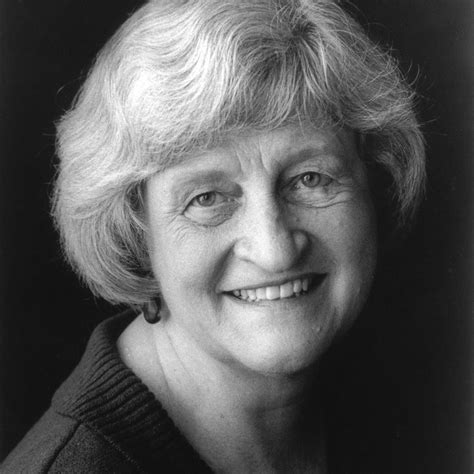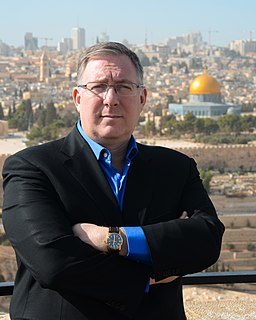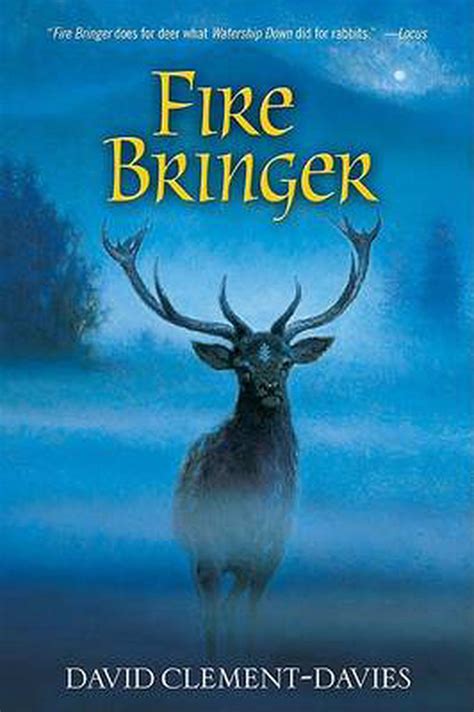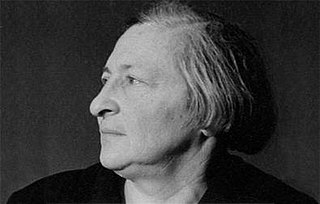A Quote by Margaret Visser
This is what is meant by "sacrifice", literally, the "making sacred" of an animal consumed for dinner. Yet sacrfice, because it dwells on the death, is a concept often shocking to the secular modern Western mind - to people who calmly organize daily hecatombs of beasts, and who are among the most death-dealing carnivores the world has ever seen.
Related Quotes
Lions cannot afford to hunt mice because they literally will starve to death, even if they catch them. Lions and all large carnivores have to hunt game large enough to justify the investment, so they have to hunt antelope and zebra. Why is this important? Because most senior executives are really big on chipmunks.
I think I write mostly about death and so it is interesting to hear how often people think I'm writing about pregnancy and birth. Though of course they are two sides of the same coin. Both when I was pregnant and now as a mother, I am consumed with thoughts of death. This is a strange role in parenting. The death guardian.
About the presence of death and dying I don't remember the society in the 1950s being so skittish as it has since become. People still died at home, among relatives and friends, often in the care of a family physician. Death was still to be seen sitting in the parlor, hanging in a butcher shop, sometimes lying in the street.
There are people in our world today and unfortunately in our political system, they do not believe in evil. They have the modern, western, secular mind set. They don't believe evil exists. They are exactly the ones who are in danger of getting blindsided by evil. Because they're not prepared for it.
Especially for those of us living in the Western culture, death to a large extent is still a taboo subject. It's considered something dreadful that shouldn't be happening. It's usually denied. The fact of death is not faced. What we don't realize in Western culture is that death has a redemptive dimension.
That was one of the most fundamental and sacred duties good friends and families performed for one another! They tended the flame of memory, so no one’s death meant an immediate vanishment from the world; in some sense the deceased would live on after their passing, at least as long as those who loved them lived. Such memories were an essential weapon against the chaos of life and death, a way to ensure some continuity from generation to generation, an order of endorsement and meaning.
Why does death engender fear? Because death meant change, a change greater then we have ever known, and because death was indeed a mirror that made us see ourselves as never before. A mirror that we should cover, as people in olden days covered mirrors when someone died, for fear of an evil. For with all our care and pain for those who had gone, it was ourselves too we felt the agony for. Perhaps ourselves above all.
Someone's killed 100,000 people. We're almost going, "Well done! You killed 100,000 people? You must get up very early in the morning! I can't even get down the gym. Your diary must look odd: 'Get up in the morning, death, death, death, death, death, death, death - lunch - death, death, death - afternoon tea - death, death, death - quick shower ...' "
To begin depriving death of its greatest advantage over us, let us adopt a way clean contrary to that common one; let us deprive death of its strangeness, let us frequent it, let us get used to it; let us have nothing more often in mind than death... We do not know where death awaits us: so let us wait for it everywhere." "To practice death is to practice freedom. A man who has learned how to die has unlearned how to be a slave.
Once you teach people to say what they do not understand, it is easy enough to get them to say anything you like. v One could wish no easier death than that of Socrates, calmly discussing philosophy with his friends; one could fear nothing worse than that of Jesus, dying in torment, among the insults, the mockery, the curses of the whole nation. In the midst of these terrible sufferings, Jesus prays for his cruel murderers. Yes, if the life and death of Socrates are those of a philosopher, the life and death of Christ are those of a God.






































